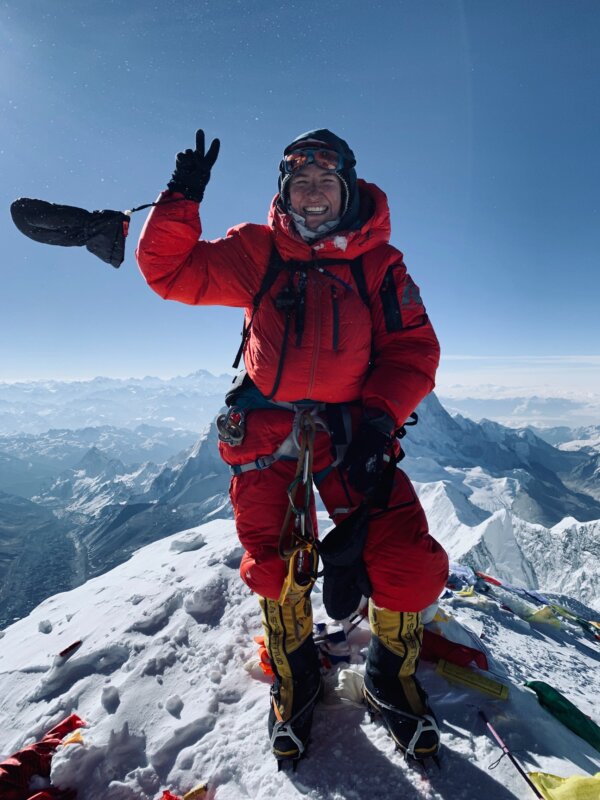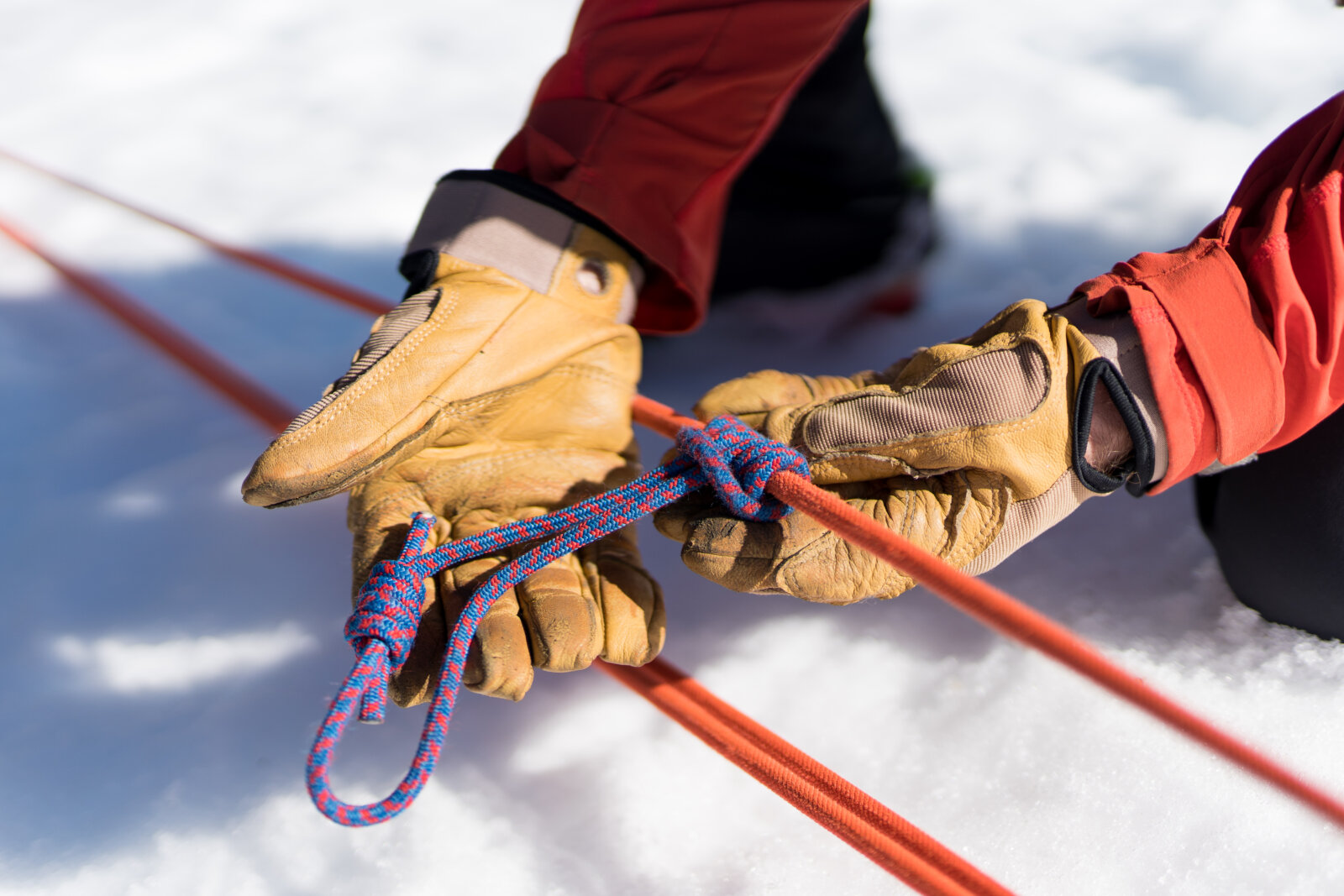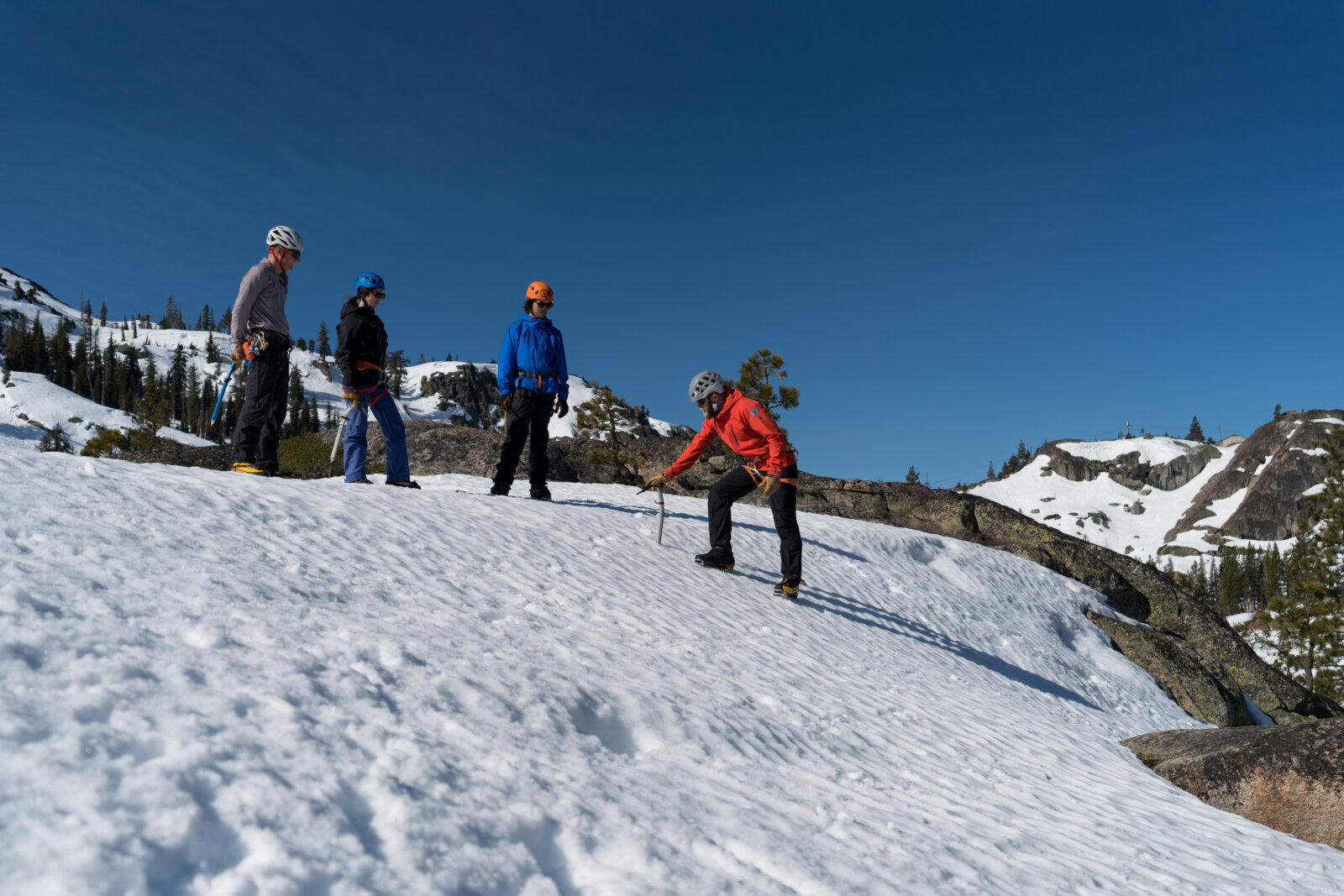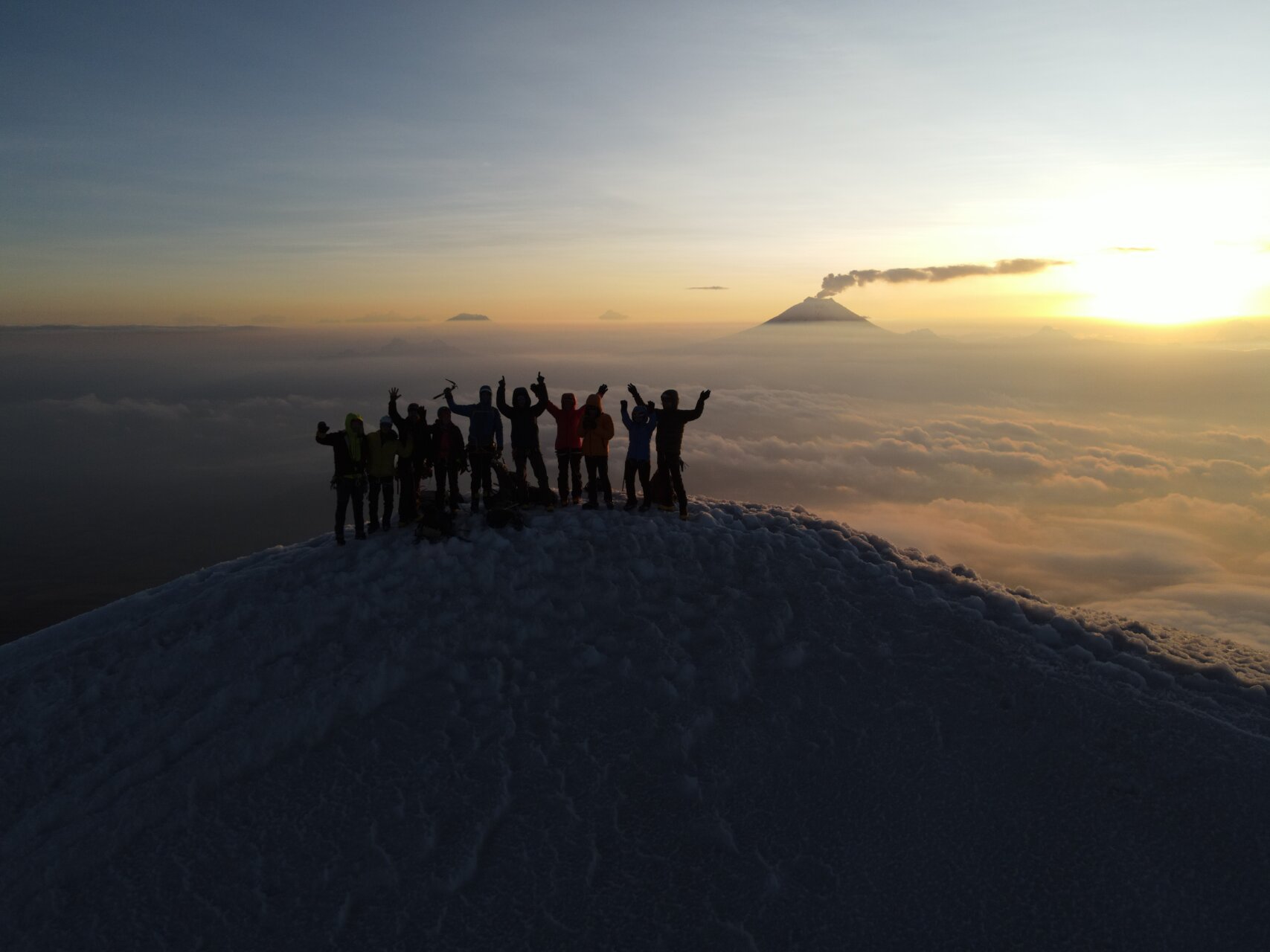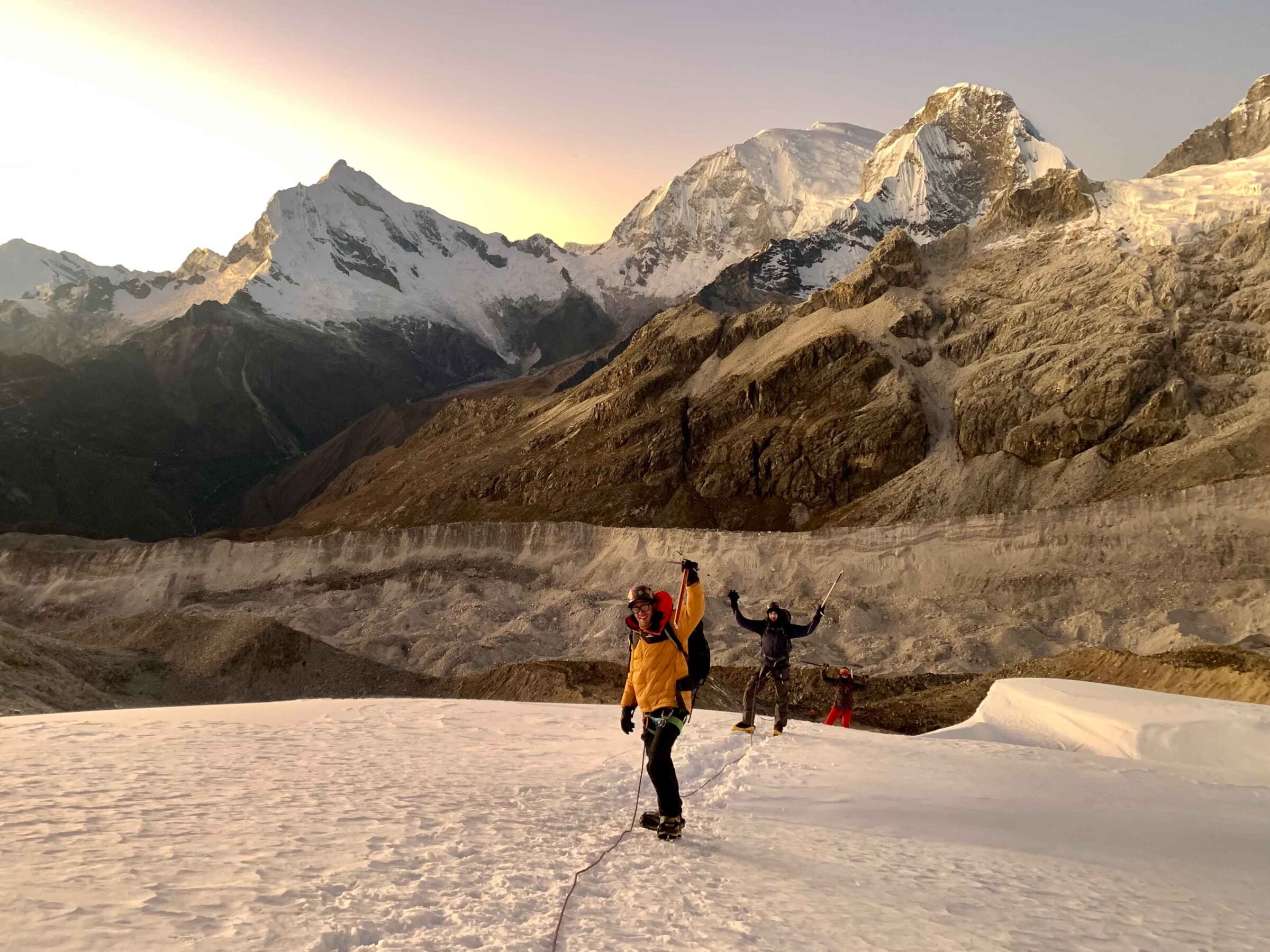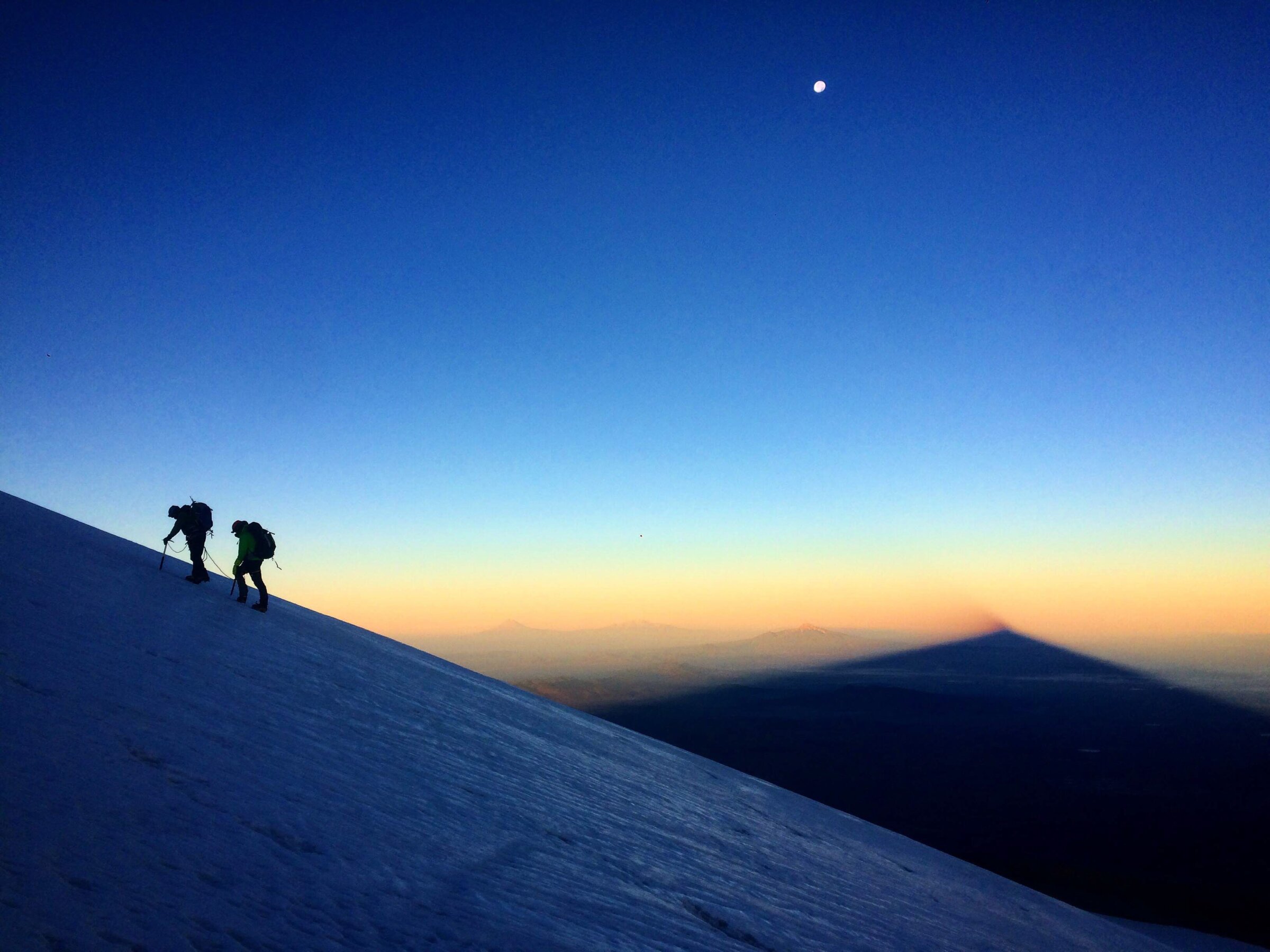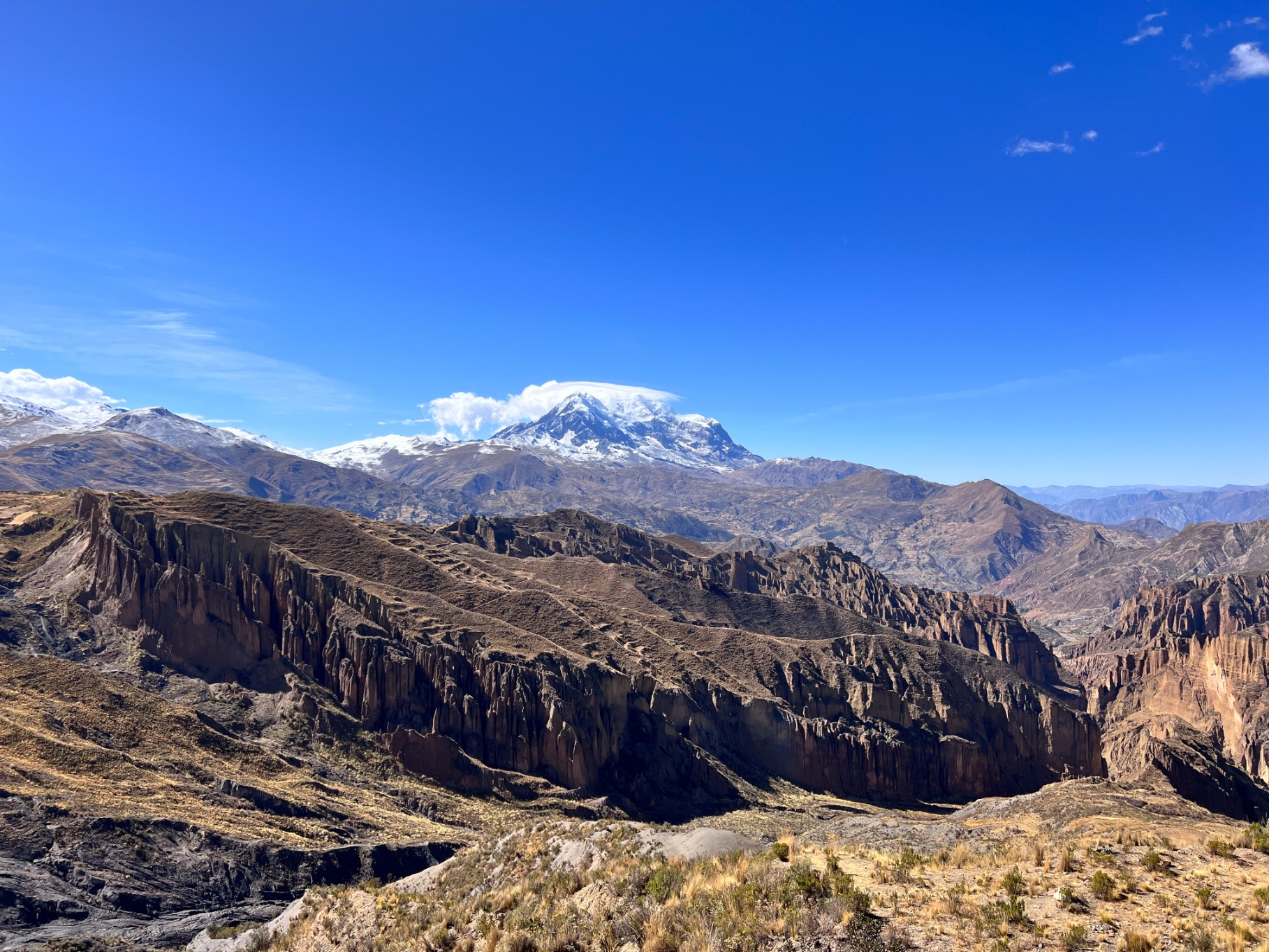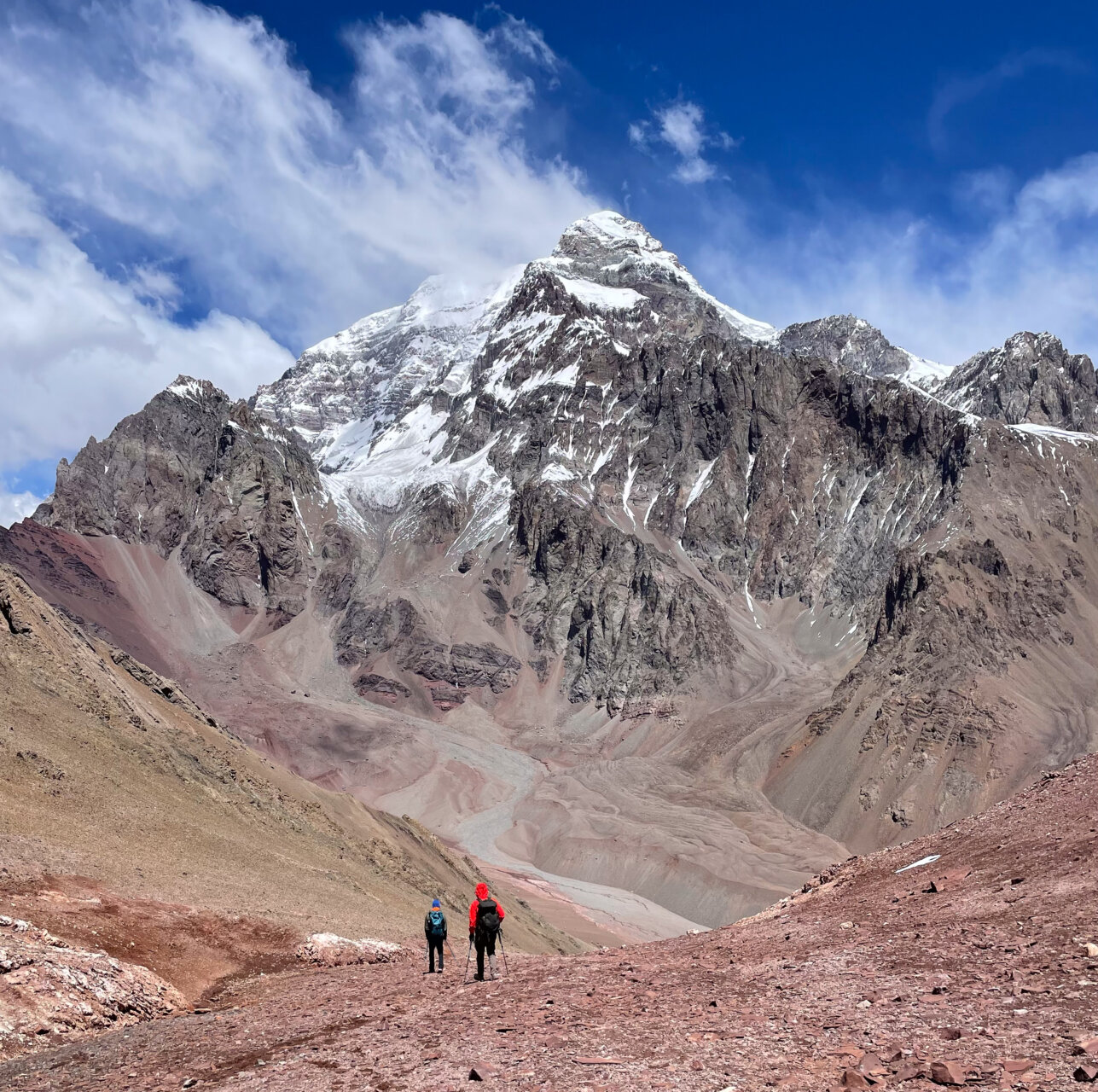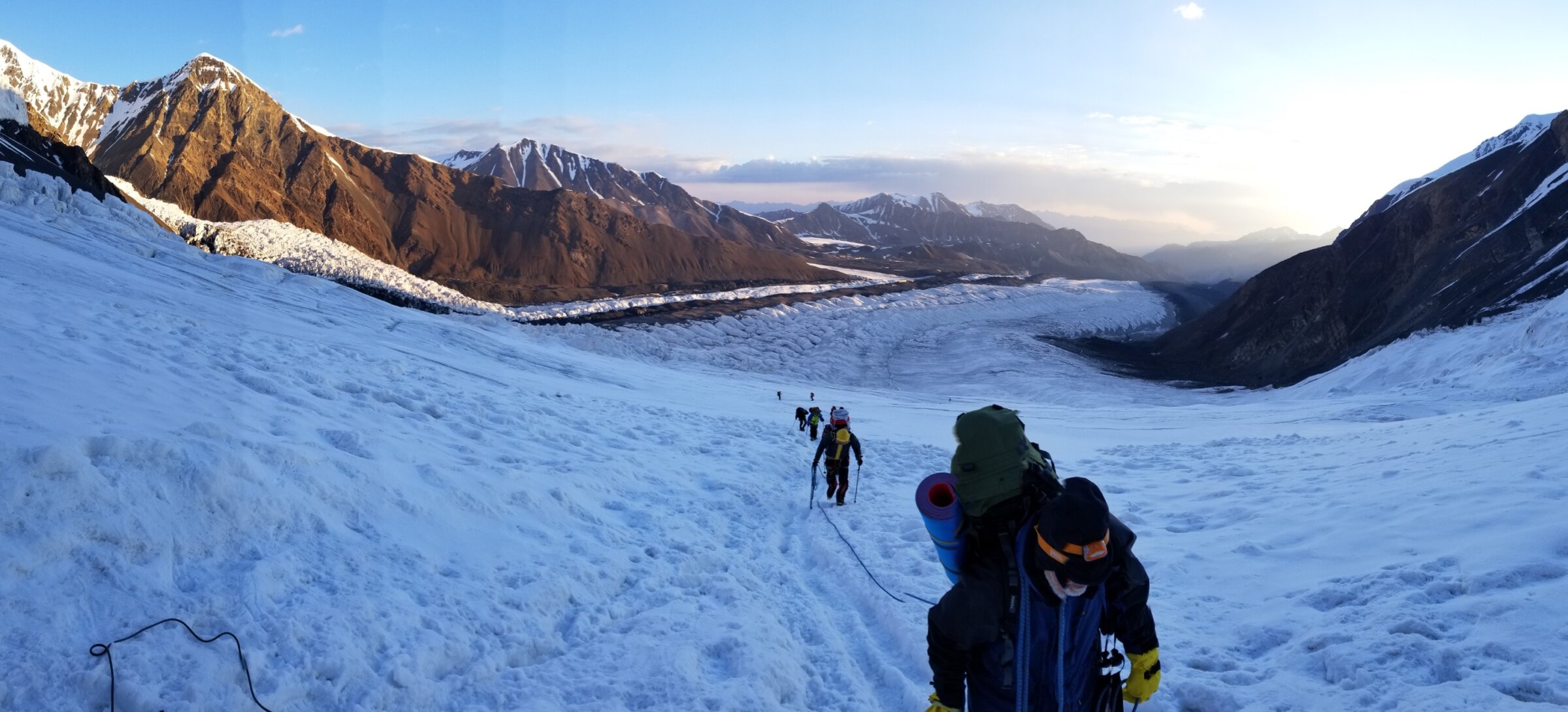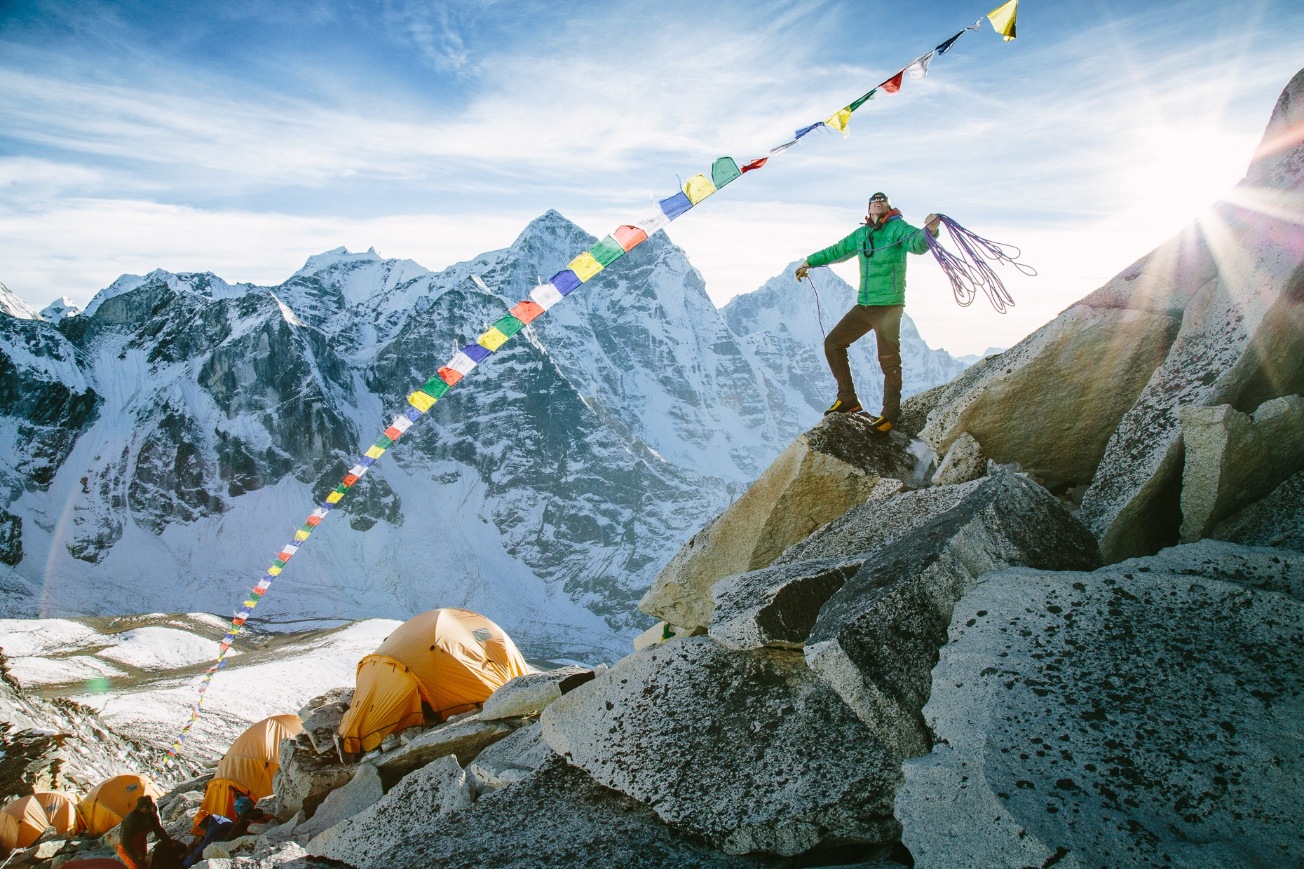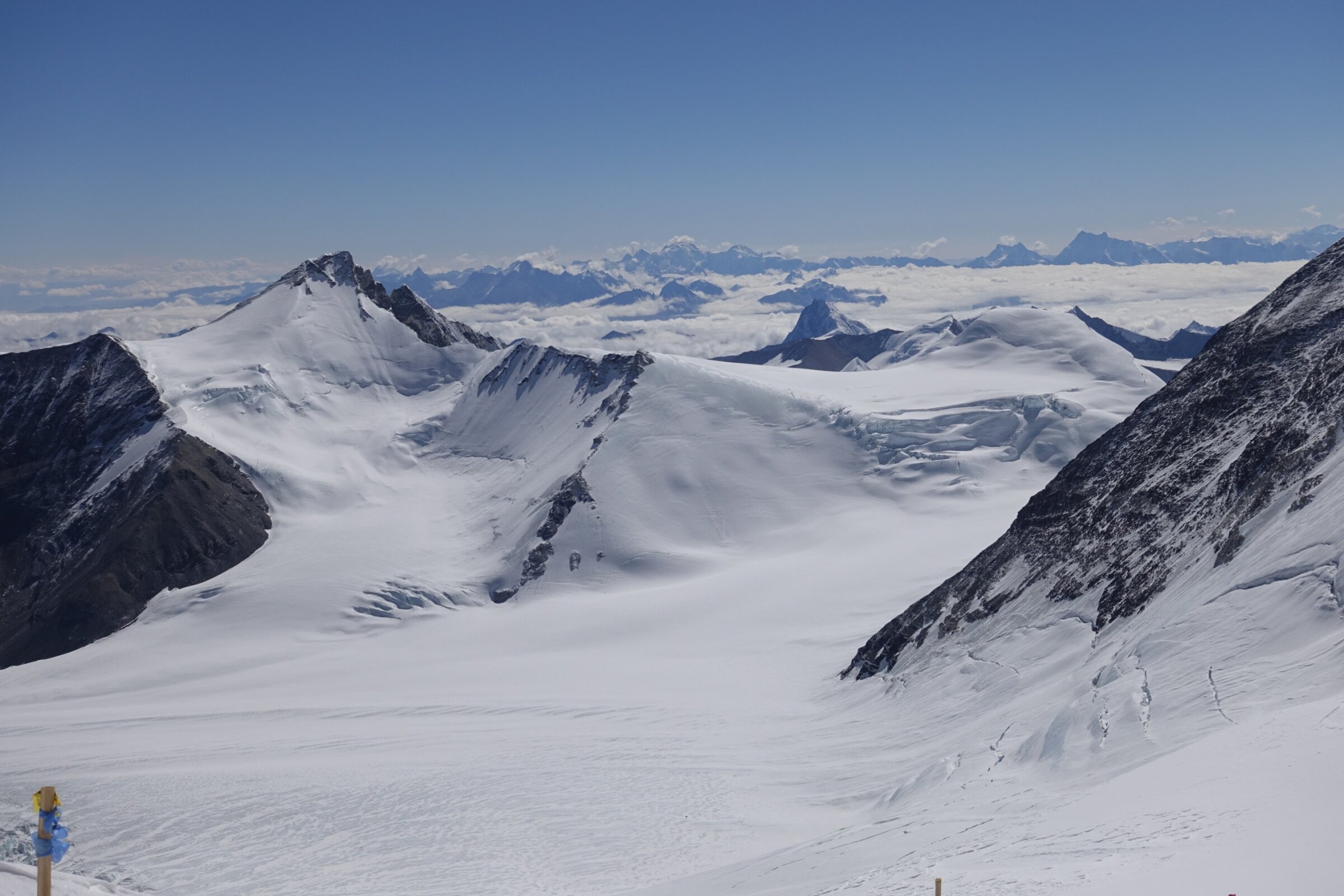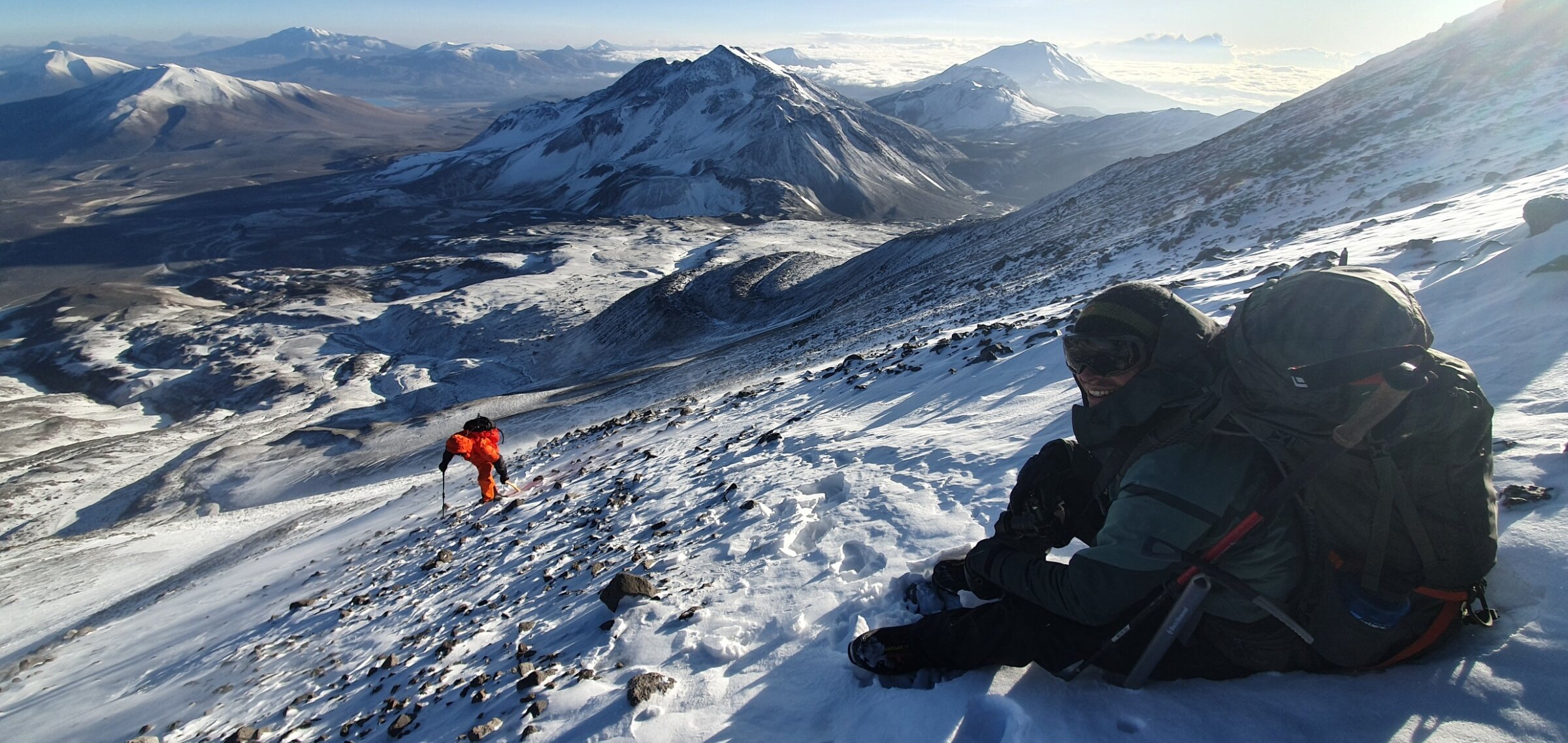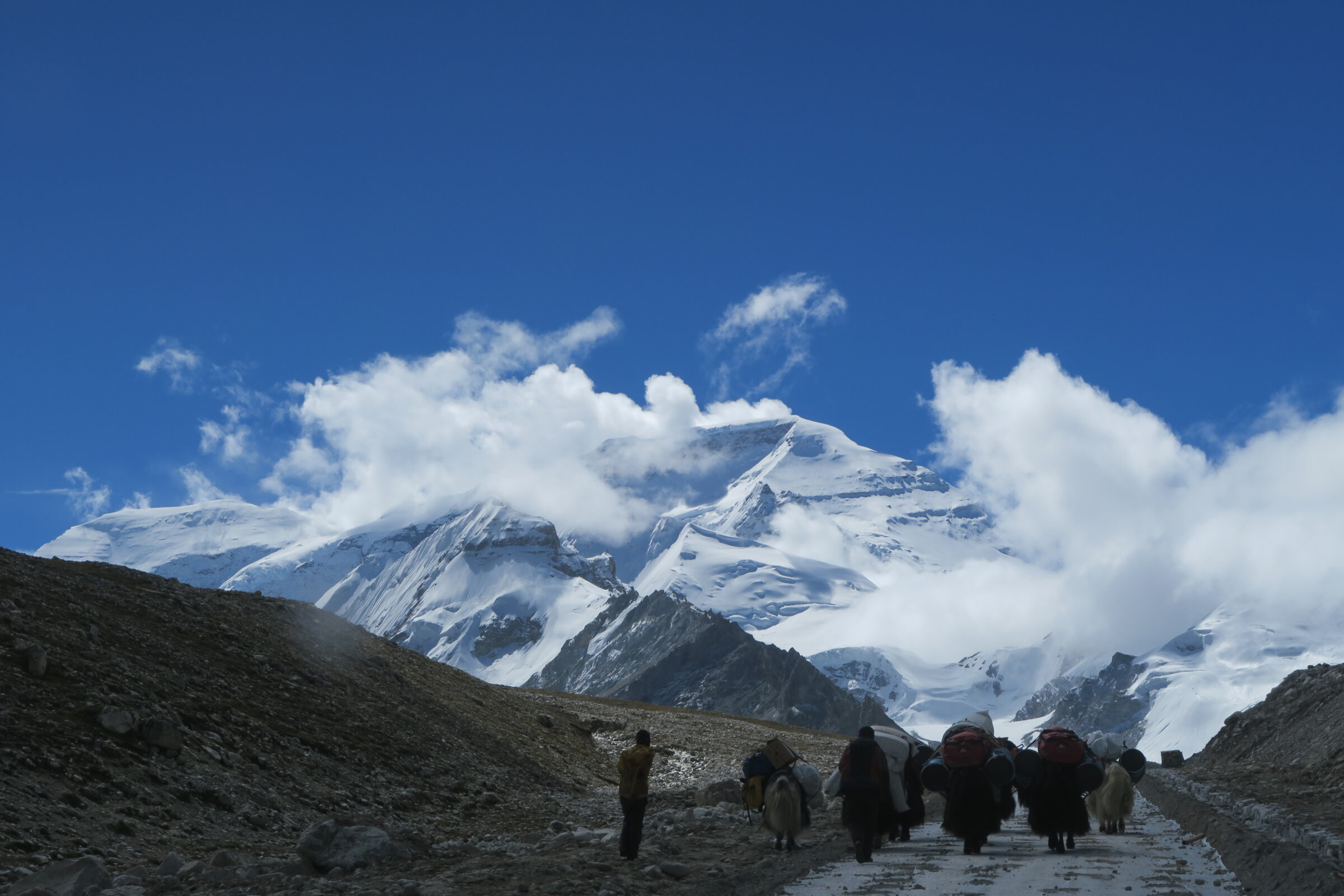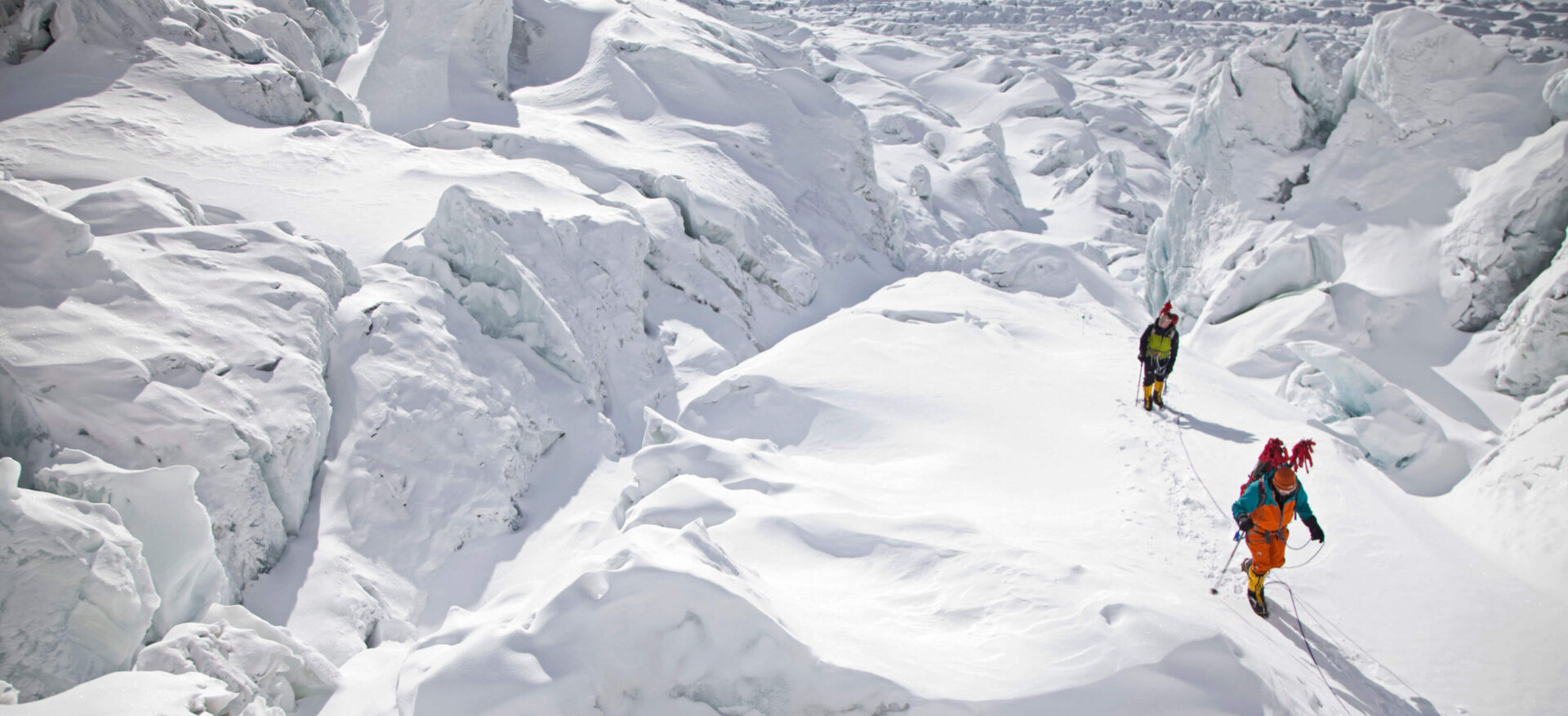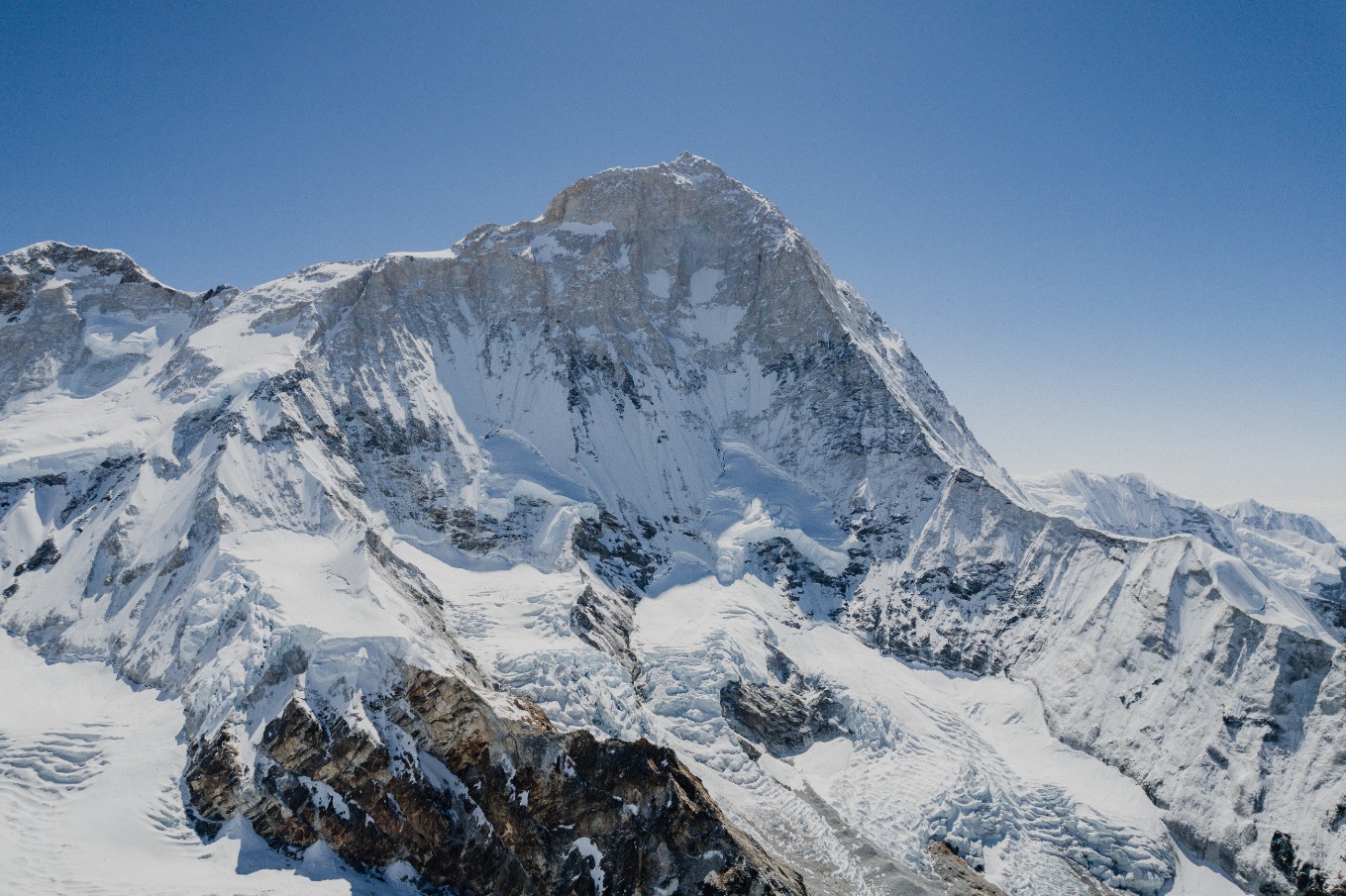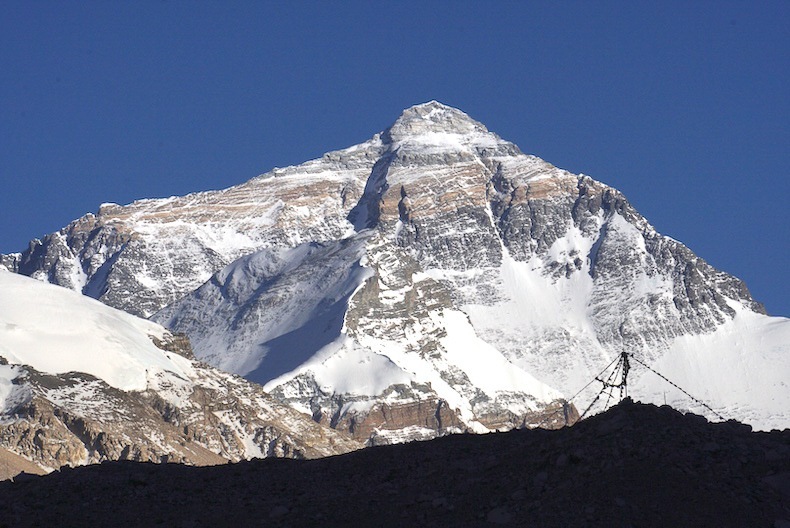The Road To Everest
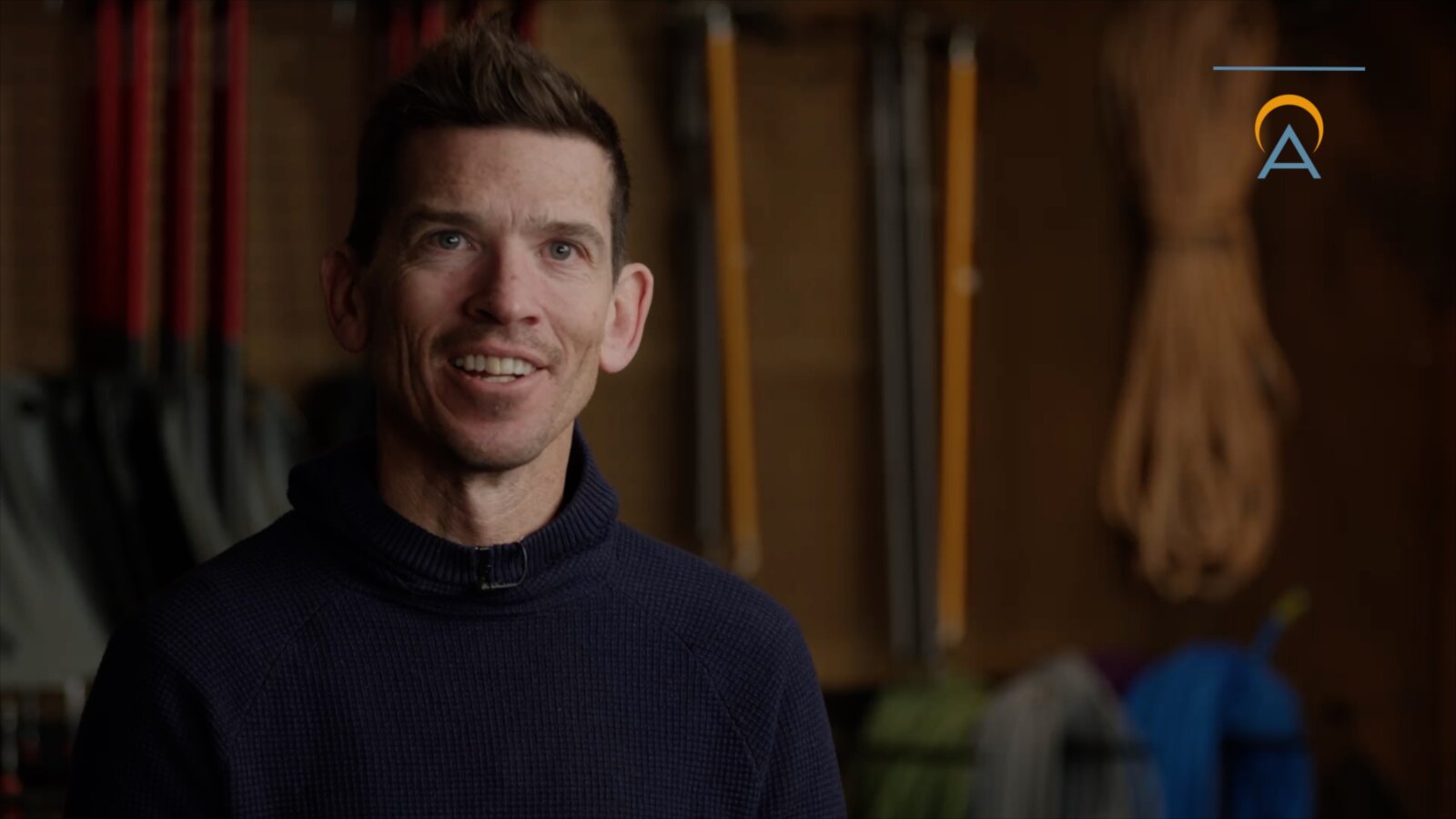
EVEREST – The name itself conjures up feats of strength and stories of both human triumph and tribulation.
It is the glimmering goal of mountaineers around the world, standing as a beacon for both challenge and self-discovery. Many climbers begin the seemingly simple task of climbing mountains when, somewhere along the line, we read a book or watched a movie about epic adventures from the highest peak on this rocky planet.
The 5 stages outlined in The Road to Everest represent key building blocks that any climber should strongly consider if the ultimate goal is attempting to climb the tallest peak in the world. Everest may not be every climber’s dream summit, and for that person, these stages are a thorough outline for any high altitude summit etching the skyline in the mountain ranges of the world. It is important to keep in mind that these are only suggestions along a climbers path, and many other options for gaining experience and training exist out there.
Timeline Along The Road To Everest
For the extremely focused individual with unlimited funds, time and energy, this road can be done in a year. More commonly, however, a project like this is done in 3-4 years on the fast end, and typically more than 5 years. It’s not unusual for a climber to spend a decade or more moving methodically through skills practice while gaining invaluable experience at high altitude. It’s a fact of life that the more time spent perfecting a craft like climbing high altitude glaciated peaks, the better craftsman you become along the way. Apply some diligence, discipline, and passion and you’ll be rewarded with a shot at standing on top of Everest alongside the world’s best team.
Want to chat with our team about your own Road to Everest? Email Griffin Mims, International Client Manager, at griffin@alpenglowexpeditions.com or CLICK HERE to grab a meeting spot on his calendar!
Stage 1: The Basics
Enroll in a basic mountaineering course to learn the basics of snow travel, glacier travel, and start to scratch the surface of moving in the vertical realm. Learning the basics of mountain travel will build a strong foundation from which your mountaineering career will grow.
Email our local team at info@alpenglowexpeditions.com or give us a call at 877-873-5376 to chat about getting started with a course here in Lake Tahoe! This stage is recommended, but not required to join one of our introductory expeditions.
Stage 2: Introductory and Intermediate High-Altitude Peaks
Take your fundamental skills learned in stage 1 and begin to apply them to high-altitude peaks across the world. We recommend climbing 3 peaks in the introductory to intermediate realm before moving on in The Road to Everest.
To complete stage 2, we recommend the following our Ecuador Climbing School, Peru Climbing School Volcanoes of Mexico, or Mountains of Bolivia Expeditions.
Remember, you can start at Stage 2! If you’re interested to jump straight into the mountains, CLICK HERE to send us an inquiry! You can expect a response within 24 hours.
Stage 2 Recommended Expeditions
Stage 3: Expedition Style 7,000m Peak Expedition
Build your experience above 6,000m while diving into the aspects that truly make one a climber. Learn how to live on the mountain, build camps, take care of yourself, and ensure that you are properly resting and recovering as you move higher up the mountain towards the summit.
Stage 3 Recommended Expeditions
Stage 4 – Climb an 8,000m Peak
Alpenglow Expeditions strongly recommends at least one prior attempt on an 8000m peak OR extensive experience on many high altitude expedition style peaks at 6,000 and 7,000m to qualify for our group expeditions to Everest. This is your opportunity learn how to climb above 8,000m before trying to climb the tallest mountain on the planet. If you want to maximize your chances of success on Everest, this is a key step.
Every team member’s climbing resumes are reviewed and hand-picked by expedition leaders Adrian Ballinger and Esteban “Topo” Mena to ensure both our team as a whole and each individual member is set up for success.
Stage 4 Recommended Expeditions
Stage 5 – Everest
Rising above all other mountain peaks and standing at 29,029’/8848m, Mt Everest, or Chomolongma in Tibetan, is the culmination of a dream. You’ve spent years acquiring the experience needed to be a critical player on an Everest climbing team by honing your craft on peaks across the world. You’re confident you have what it takes to take on the Big E. Time to head out and put all that hard-earned experience to use.
Think you’re ready to climb the tallest peak on the planet! Email Griffin Mims, International Client Manager, at griffin@alpenglowexpeditions.com or CLICK HERE to grab a meeting spot on his calendar!
